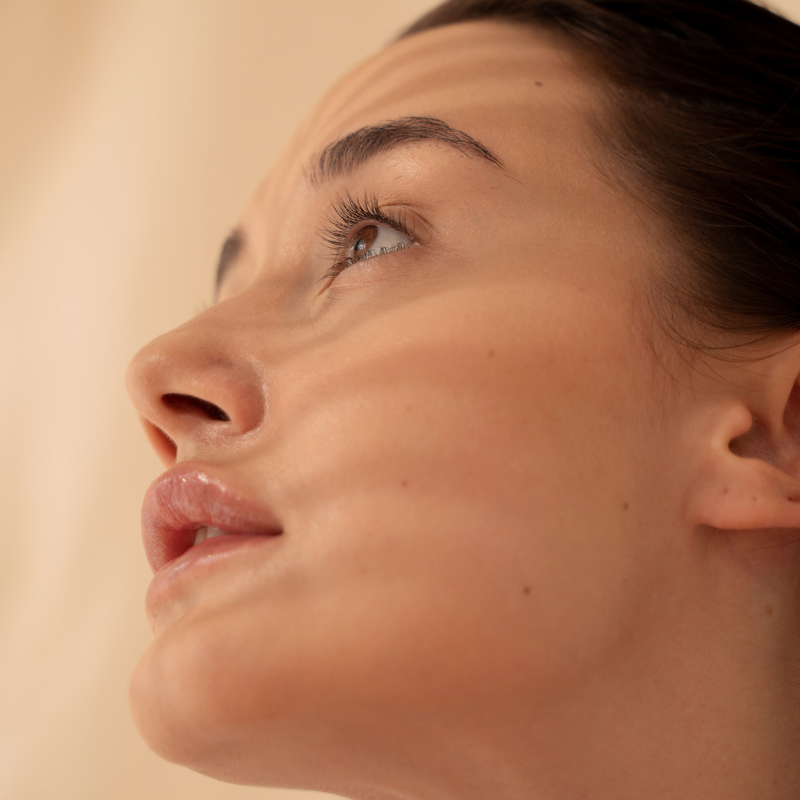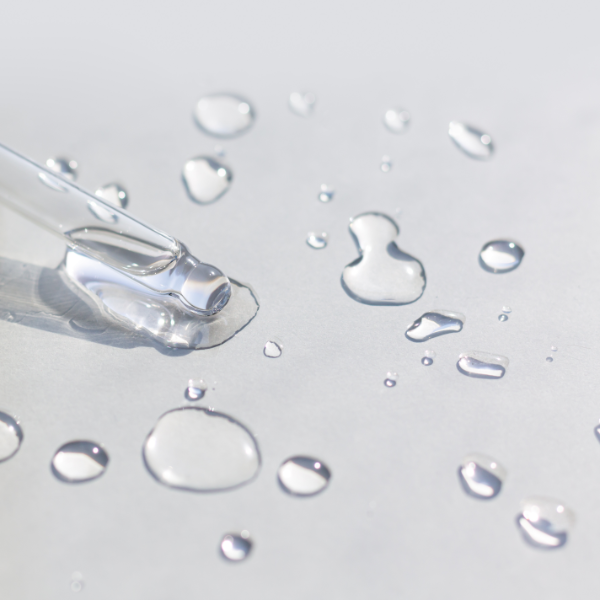What You Need to Know About AI Skin Analysis
by Deborah Duffey, Chief Product Development Officer and President July 16, 2024

In the evolving world of skincare, Artificial Intelligence (AI) is making waves with its innovative approaches to skin analysis. If you're curious about how this technology works and its implications for your skincare routine, here's a comprehensive guide.
How Accurate is AI Skin Analysis?
AI skin analysis leverages advanced algorithms and machine learning to evaluate skin conditions with impressive accuracy. By analyzing images of the skin, these systems can detect various concerns such as wrinkles, pores, redness, pigmentation, and more. Studies have shown that AI can match or even surpass the diagnostic abilities of dermatologists in some cases. However, it's essential to remember that while AI provides a highly accurate assessment, it should be used in conjunction with professional advice for the best results.
How is AI Used in Skincare?
AI technology is transforming the skincare industry in several ways:
1. Personalized Skincare Recommendations: AI systems analyze skin data to recommend products tailored to individual skin types and conditions. This personalization ensures that you use products best suited to your unique skin needs.
2. Progress Tracking: AI tools can track changes in your skin over time, helping you understand the effectiveness of your skincare regimen and make necessary adjustments.
3. Virtual Consultations: AI-powered platforms allow for virtual skincare consultations, making expert advice accessible without needing an in-person visit.
4. Product Development: By analyzing vast amounts of skin data, AI helps skincare companies understand common skin issues and develop products that address these needs more effectively.
How to Prepare for a Skin Analysis
Preparing for an AI skin analysis is simple and can be done from the comfort of your home. Here’s what you need to do:
1. Cleanse Your Skin: Ensure your face is clean and free from makeup. Use a gentle cleanser to remove any impurities that might interfere with the analysis.
2. Good Lighting: Take your photos in natural light or a well-lit area to ensure the AI can accurately assess your skin.
3. Neutral Expression: Maintain a neutral facial expression when taking your photos. This helps the AI get an unobstructed view of your skin.
4. Multiple Angles: Capture images from multiple angles - front, left side, and right side. This comprehensive view allows the AI to analyze different parts of your face accurately.
What to Look for During a Skin Analysis
During an AI skin analysis, the technology will evaluate various aspects of your skin:
1. Texture and Pores: AI examines the smoothness of your skin and the visibility of pores, indicating the need for treatments targeting these areas.
2. Wrinkles and Fine Lines: By detecting fine lines and deeper wrinkles, AI can suggest anti-aging products and treatments.
3. Pigmentation: AI identifies areas of hyperpigmentation, such as dark spots and uneven skin tone, helping to recommend brightening solutions.
4. Redness and Sensitivity: The analysis includes detecting redness, which can indicate sensitivity or conditions like rosacea, allowing for more gentle skincare recommendations.
5. Hydration Levels: Some advanced AI systems can even assess the hydration levels of your skin, suggesting products to improve moisture balance.
The Bottom Line
AI skin analysis is a revolutionary tool in the skincare industry, offering highly accurate assessments and personalized recommendations. By preparing correctly for your analysis and understanding what the technology looks for, you can make informed decisions about your skincare routine. Remember, while AI provides valuable insights, consulting with a dermatologist will ensure you get the most comprehensive care for your skin.




